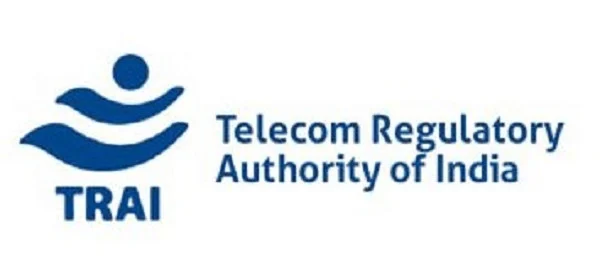Anwarulhaq
NEW DELHI: In a significant move to reshape India’s broadcasting landscape, the Telecom Regulatory Authority of India (TRAI) has unveiled a series of amendments to its regulatory framework for broadcasting and cable services. The changes, set to take effect 90 days after their official gazette publication, aim to promote industry growth, increase flexibility for service providers, and safeguard consumer interests.
The amendments, announced on Monday, come as a response to ongoing stakeholder concerns and the evolving needs of the broadcasting ecosystem. TRAI’s decision follows an extensive consultation process initiated in August 2023, which sought input from various industry players on a wide range of issues.
Key Changes in Tariff Order:
One of the most notable changes is the removal of the ceiling on Network Capacity Fee (NCF). Previously capped at Rs 130 for 200 channels and Rs 160 for more than 200 channels, the NCF will now be under forbearance, allowing service providers to set market-driven rates. This move is expected to introduce more competition and potentially lead to more diverse pricing strategies.
Distribution Platform Operators (DPOs) have been granted increased flexibility in forming channel bouquets. The discount limit for bouquet formation has been raised from 15% to 45%, potentially allowing operators to offer more attractive packages to consumers.
In a bid to level the playing field, TRAI has mandated that pay channels available for free on the public service broadcaster’s DTH platform must be declared free-to-air across all addressable distribution platforms.
Interconnection Regulations Updates:
The amendments have removed the distinction between HD and SD channels for carriage fee purposes, a move that could encourage the proliferation of high-definition content. The carriage fee regime has been simplified and made technology-neutral, with a single ceiling now in place.
Quality of Service (QoS) Regulation Changes:
Several charges, including those for installation, activation, and relocation, which were previously regulated, have now been placed under forbearance. This change gives DPOs more flexibility in setting their service charges, though they are required to publish these for transparency.
Small DPOs will benefit from relaxed regulatory compliances, potentially easing their operational burden. The amendments also mandate clearer communication of prepaid subscription durations and allow DPOs to display Distributor Retail Prices alongside Maximum Retail Prices in electronic program guides.
Financial Disincentives and Transparency Measures:
To ensure compliance, TRAI has introduced financial disincentives for contravention of certain provisions in the Tariff Order, Interconnection Regulation, and QoS Regulation. Service providers are now required to publish all tariff and charge-related information on their websites and communicate these details to subscribers.
Recommendations to Ministry of Information and Broadcasting:
Alongside the regulatory amendments, TRAI has issued recommendations to the Ministry of Information and Broadcasting on two key areas: the listing of channels in Electronic Programme Guides (EPG) and the upgrading of the DD Free Dish platform to an addressable system.
For EPG listings, TRAI suggests that the Ministry seeks information from broadcasters about each channel’s primary language and sub-genre during the permission process. This information would then be displayed on the Broadcast Seva portal, enabling DPOs to place channels appropriately in their EPGs for easier consumer navigation.
The recommendations for DD Free Dish include a significant proposal to convert the platform from a non-addressable to an addressable system. This change aims to improve viewing quality, prevent unauthorized retransmission, and maintain subscriber records. TRAI suggests that Prasar Bharati begins by encrypting signals of private satellite TV channels at the DD Free Dish headend before uplinking, with plans to eventually encrypt all channels on the platform.
The Authority also recommends that Prasar Bharati adopts interoperable Set-Top Boxes (STBs) for DD Free Dish, which could serve as a catalyst for transitioning the entire ecosystem to interoperable STBs. This move could empower consumer choice by eliminating the need to change STBs when switching service providers.
Industry Implications and Future Outlook:
These amendments and recommendations represent a significant shift in India’s broadcasting regulatory landscape. By providing more flexibility to service providers while maintaining consumer protections, TRAI aims to foster a more dynamic and competitive market.
The changes could lead to more diverse pricing strategies, potentially benefiting consumers through more tailored channel packages. However, the impact on overall pricing remains to be seen, as service providers adjust to the new regulatory environment.
The push towards addressable systems and interoperable STBs could have far-reaching effects on the industry, potentially reducing piracy and improving the overall quality of service. It may also spur innovation in indigenous technologies for Conditional Access Systems and Subscriber Management Systems.
TRAI has indicated that further consultations are on the horizon to address additional issues raised by stakeholders during this process. The regulatory body plans to release a comprehensive consultation paper shortly, signaling its commitment to ongoing refinement of the broadcasting regulatory framework.
As the industry prepares for these changes, all eyes will be on how service providers adapt their strategies and how consumers respond to the new landscape.

